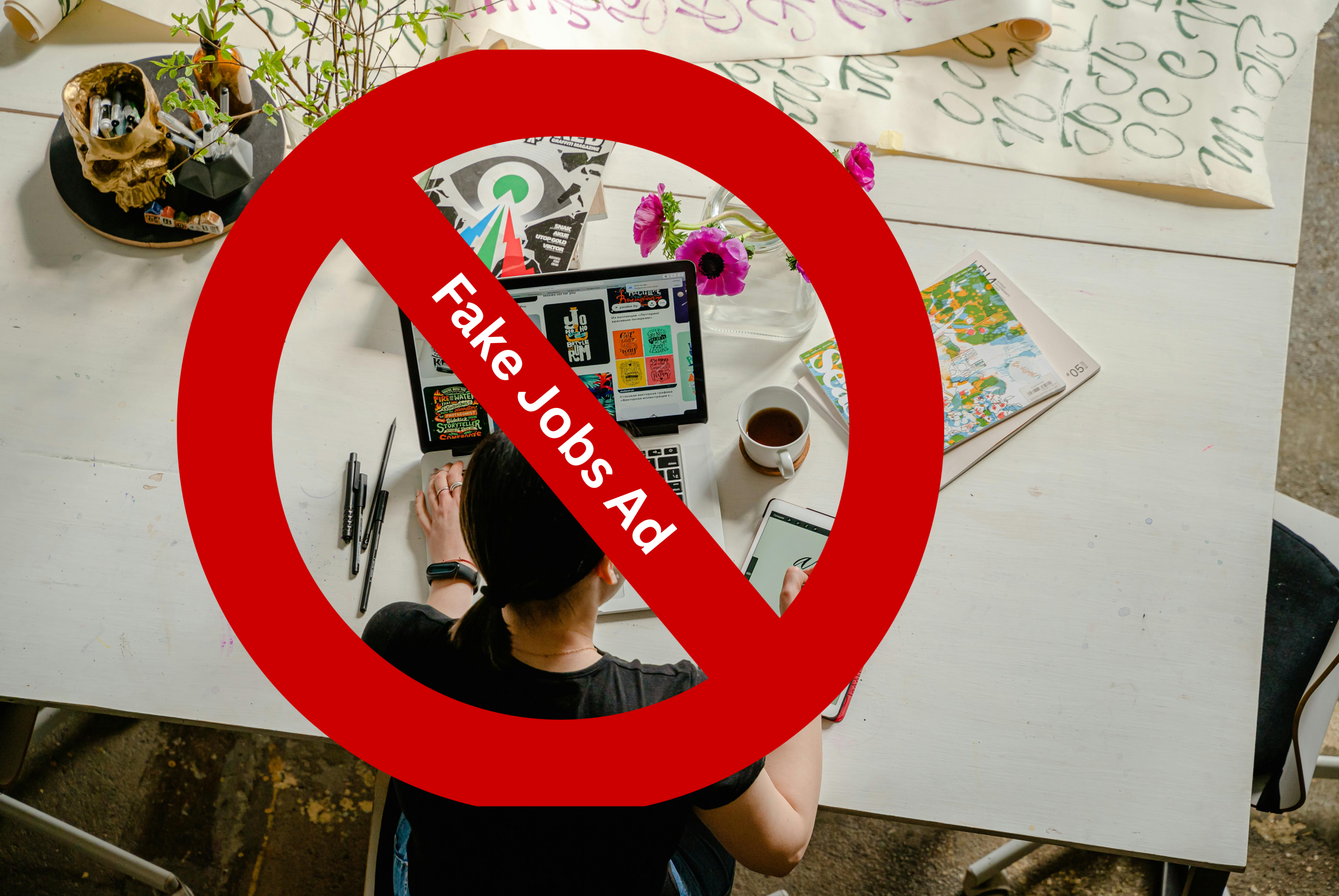Picture this: It’s late at night. Way past your usual clock-out time. Your phone buzzes again. Your boss wants you in early tomorrow—and to stay late. Again. You’re drained. But the message is clear. They want you to work more than what’s legal. What now?
Working illegal hours isn’t just a pain. It’s a trap. A reality for many. Sometimes the company pushes. Sometimes the boss just doesn’t care. And sometimes… it’s just expected, unspoken. But hey—you’ve got options. You do. Let’s walk through it.
Understanding Illegal Working Hours
What even counts as illegal hours? Every country’s got rules. Limits on how long you can work, breaks you should get, and overtime pay if you’re pushed too far.
In South Africa, for example, the law says you can’t work more than 45 hours a week or 9 hours a day — unless you’ve agreed otherwise. If you’re clocking more than that? That’s a no-go. Illegal. Plain and simple.
Why Employers Might Push You to Work Illegal Hours
Look, sometimes it’s not about being nasty. Businesses get pressure. Deadlines, not enough staff, emergencies. But pushing you past legal hours? That’s crossing the line.
You might hear stuff like:
- “Everyone’s doing it.”
- “Just this once.”
- “If you don’t, someone else will.”
Classic lines. Trying to guilt-trip or squeeze you. But this ain’t fair. Illegal hours wreck your health, your life. And your rights.
How Illegal Working Hours Affect You
The effects? They stack up quick.
Burnout. Exhaustion. No energy left for yourself.
Work-life balance? Forget it. Family, friends, fun — all fade.
Your body pays too. Stress. No sleep. Health problems creep in.
And the worst? Sometimes no overtime pay. Or fair pay at all.
Plus, the fear. Speak up and lose your job? It’s real. It’s scary.
This ain’t just laws on paper. It’s about you. Your dignity. Your life.
What To Do: Step-by-Step Guide
If you’re forced to work illegal hours, don’t just sit there. Here’s what you can do:
Know your rights. Seriously, look up the laws. What hours are legal? Overtime rules? Rest breaks? In South Africa, check the Department of Employment and Labour website. You gotta be armed.
Start keeping track. Your schedule. Actual hours. Any texts or emails showing your boss’s demands. A notebook or even your phone notes work. You’ll need proof if things get ugly.
Try talking to your boss or manager if you can. Calm, clear. Tell them how the extra hours mess you up. Bring up the laws politely. Maybe they don’t realize.
Chat with your coworkers. You might not be alone. A few voices together? Harder to ignore.
Got a union? Or a worker rep? Reach out. They know the game. They can back you up.
If nothing changes, report it to the labor department. In South Africa, that’s the Department of Employment and Labour. They investigate and punish companies that break laws. And don’t worry about backlash — laws protect whistleblowers.
If it gets tricky — threats, firing, discrimination — get legal help. Labor lawyers or legal aid can guide you.
And hey, take care of yourself. This is tough stuff. Rest. Eat right. Talk to someone. Mental health matters.
Real Stories: When Saying No Made a Difference
Meet Thabo. He worked retail. Always staying late, no pay. One day he said no more. He tracked his hours, talked to his coworkers. Together, they told management. The bosses were shocked. They fixed the schedules. Thabo then reported ongoing problems. The store got fined. Things changed. Thabo now says, “You gotta protect yourself. No job’s worth your health.”
Then there’s Lerato, a cleaner at a big company. Forced into 12-hour shifts. She was scared to speak up. Finally, she called her union. They helped her file a complaint. After a check, the company fixed the hours. Lerato’s story shows — speaking up works.
What If You’re Afraid to Speak Up?
Fear’s real. Losing your job? Harassment? It’s scary.
But silence means you stay stuck.
Here’s some tips:
Talk to friends or family first.
Find anonymous hotlines or worker groups.
Use official complaint channels that keep your name secret.
Keep your records safe.
Remember, retaliation’s illegal. Plan smart. Seek support.
Your safety is number one.
How Employers Can Avoid Illegal Work Hours
This isn’t just a worker problem. Employers gotta do better too.
Good bosses:
Plan workloads right.
Hire enough people.
Pay overtime fairly.
Talk clear with workers.
Respect breaks.
A rested worker is a good worker.
Final Thoughts
Being forced to work illegal hours? It’s rough. It wears you down, messes your life, and breaks the law.
But you don’t gotta take it.
Know your rights. Keep records. Speak up safely. Get help.
Stand strong. Your time and health matter.
No job’s worth losing yourself.







